|
Daniel Mattingly “The fight for Sunday is another of the Church’s major concerns in the present day, when there is so much to upset the rhythm of time that sustains community” [4]. What does Pope Emeritus Benedict mean by “the fight for Sunday”? My thought is that he is referring to the difficulty to keep Sunday holy, set apart, different from every other day of the week. In Exodus, God gives the 10 commandments to the Israelites, and one of them is to keep the Sabbath holy– “Remember the sabbath day—keep it holy. Six days you may labor and do all your work, but the seventh day is a sabbath of the LORD your God” (Exodus 20:8-10). According to the Catechism of the Catholic Church (CCC), the Sabbath is part of the old covenant, and Sunday, (aka the Lord’s Day), “fulfills the moral command of the Old Covenant, taking up its rhythm and spirit in the weekly celebration of the Creator and Redeemer of his people” (cf. CCC 2176). There are several aspects to the fulfilled covenant that is Sunday. St. John Paul II (JPII) outlines many of them in his Papal Encyclical titled Dies Domini, which translates to The Lord’s Day. I’ll share a few of these aspects that will hopefully help us understand why we need to fight for Sunday. Sunday as a Day of Celebration of the Creator's Work
Sunday, therefore, can become for us an opportunity to celebrate the creative works that God has done for us and also continues to do in our lives each day. Now that we have in mind some of God’s creative works for humanity, we might still wonder: how might we cultivate a desire to celebrate the Lord for his creative works, as JPII recommends? Firstly, we can recognize simply that we ourselves have been created, that our very life and breath is a free gift, totally given to us by God by means of our parents. And we might recognize that if we have been baptized, we have been newly created in Christ, as Paul writes in 2 Corinthians 5:17 – “So whoever is in Christ is a new creation: the old things have passed away; behold, new things have come.” Secondly, we should recognize that a proper response to these free gifts is joy and gratitude. Sunday, therefore, can become for us an opportunity to celebrate the creative works that God has done for us and also continues to do in our lives each day. Sunday as a Day of the Gift of the Holy Spirit Not only is Sunday “Easter which returns week by week” [2], but it is also the day on which Pentecost occurred. Pentecost is the event when the Holy Spirit descended upon Mary and the Apostles and emboldened them to share the gospel and courageously live out the faith entrusted to them by Jesus. Recall that by remembering Easter each Sunday can foster joy and gratitude into our lives. Remembering Pentecost, on the other hand, can remind us of the gift of the Holy Spirit in our lives, that He is available to us. At our Baptism and Confirmation, we received special outpourings of the Holy Spirit, but every Sunday, and indeed any time of any day, we have the opportunity to invite the Holy Spirit into our lives. JPII writes in paragraph 85: “As [the Church] strains towards her goal, [she] is sustained and enlivened by the Spirit. It is he who awakens memory and makes present for every generation of believers the event of the Resurrection. He is the inward gift uniting us to the Risen Lord and to our brothers and sisters in the intimacy of a single body, reviving our faith, filling our hearts with charity and renewing our hope” [2]. Remembering Pentecost, on the other hand, can remind us of the gift of the Holy Spirit in our lives, that He is available to us Sunday as a Day of Rest and Solidarity Contrary to what the culture might promote, Sunday is not merely a day of simple rest from work. Rather, by resting on Sunday, we set apart a time and space in our week away from the normal rhythm of our daily work, so that we might wholeheartedly worship our creator. JPII does a good job of qualifying the type of rest we should strive for on Sunday: He says, “In order that rest may not degenerate into emptiness or boredom, it must offer spiritual enrichment, greater freedom, opportunities for contemplation and fraternal communion” [2]. Rather than give us a list of do’s and don’ts, JPII recommends we use prudence in order to cultivate that type of rest. Even in the midst of this Sunday rest, we may be prompted by the Holy Spirit to take action. This is due to our calling to practice the virtue of solidarity, which Pope Benedict XVI defines as “the virtue enabling the human family to share fully the treasure of material and spiritual goods” [1]. In the Gospels, we see at least two examples of Jesus living the virtue of solidarity. In John ch. 9, we read that Jesus heals a man on the Sabbath, despite the fact that the Pharisees considered that action unlawful. Indeed, they imply by their accusations that the command to rest takes precedence over charity towards one neighbor on the Sabbath. At the end of the chapter, Jesus invites the healed man into relationship with him by asking the man to believe in him. This leads the man to worship Jesus as he pronounces “I do believe, Lord” (John 9:38). Jesus is challenging the Pharisees to consider that the Sabbath rest might not be a simple rest from work, but rather that the rest might give us the opportunity to pursue those things which strengthen one’s relationship with God and our fellow man, which can certainly be good works. We also see in the gospel of Matthew that when the disciples pick grain on the Sabbath for food, the Pharisees accuse them of breaking the Sabbath. Jesus flips the script on them however, saying “I desire mercy, not sacrifice” (Matthew 12:7). By allowing his disciples to pick and eat grain on the Sabbath, Jesus had mercy on his disciples in their hunger. Jesus is challenging the Pharisees to consider that the Sabbath rest might not be a simple rest from work, but rather that the rest might give us the opportunity to pursue those things which strengthen one’s relationship with God and our fellow man, which can certainly be good works. Speaking of things which give us strength to love God and man, let’s not forget the Mass, where we are fed both with God’s word and with Jesus himself. If we truly believe that when we receive Jesus in the Eucharist, the goal is to be transformed into that which we receive, Jesus himself, then we should recognize both our calling to practice the virtue of solidarity and our ability to do so with his grace from the sacraments. JPII writes, “The Sunday Eucharist, therefore, not only does not absolve the faithful from the duties of charity, but on the contrary commits them even more to all the works of charity, of mercy, of apostolic outreach..." [2]. Practical Means of Keeping the Lord’s Day Holy Now that we’ve talked about a few of the key aspects of Sunday, what might be some practical means of keeping the Lord’s Day Holy? Consider the following: (1) Attending Sunday Mass and receiving the Eucharist worthily: JPII writes that we can keep Sunday holy “especially by sharing in the Eucharist and by relaxing in a spirit of Christian joy and fraternity” [2]. He has a whole section of Dies Domini called “The Eucharistic Assembly: Heart of Sunday” that is all about the Mass and the Eucharist and what it means for the Church. I did go into very much detail here, but it is worth reading from the source if you have time. (2) Giving the Lord your time: JPII writes: “Time given to Christ is never time lost, but is rather time gained, so that our relationships and indeed our whole life may become more profoundly human” [2]. (3) Praying for vocations: JPII recommends that we pray to rediscover Sunday as a gift from God, so that “we may live the demands of faith to the full, but also so that we may respond concretely to the deepest human yearnings” [2]. Sunday therefore can be a day to reflect and pray on the bigger picture of our faith journey by both praying that we would live out our particular vocation well (or that we would know it), and that others respond faithfully. (4) Being docile to the Holy Spirit: JPII challenges the faithful to grow in spiritual maturity by practicing docility to the Holy Spirit. Docility means ready to accept instruction. While it is good to rest on Sunday, JPII encourages the faithful to always be ready to do the Lord’s will, especially on Sunday. Works Consulted
[1] Address of His Holiness Benedict XVI to the Participants in the 14th Session of the Pontifical Academy of Social Sciences. Libreria Editrice Vaticana, 3 May 2008, https://www.vatican.va/content/benedict-xvi/en/speeches/2008/may/documents/hf_ben-xvi_spe_20080503_social-sciences.html. [2] Dies Domini. Libreria Editrice Vaticana, 31 May 1998, https://www.vatican.va/content/john-paul-ii/en/apost_letters/1998/documents/hf_jp-ii_apl_05071998_dies-domini.html. [3] Novo Millennio Ineunte. Libreria Editrice Vaticana, 6 January 2001, https://www.vatican.va/content/john-paul-ii/en/apost_letters/2001/documents/hf_jp-ii_apl_20010106_novo-millennio-ineunte.html. [4] Pope Benedict XVI. Jesus of Nazareth. Doubleday, 2007. [5] Study Guide for Dies Domini. Archdiocese of Chicago: Liturgy Training Publications, 2012,http://legacy.archchicago.org/StrategicPastoralPlan/SundayMass/pdf/resource/2012_DiesDominiStudyGuide.pdf. [6] Wright, Karen Shields. “The principles of Catholic social teaching: A guide for decision making from daily clinical encounters to national policy-making.” 10 March 2017, https://www.ncbi.nlm.nih.gov/pmc/articles/PMC5375653/.
0 Comments
Your comment will be posted after it is approved.
Leave a Reply. |
Archives
October 2023
Categories
All
|
D.C. Metro Area:
|
|

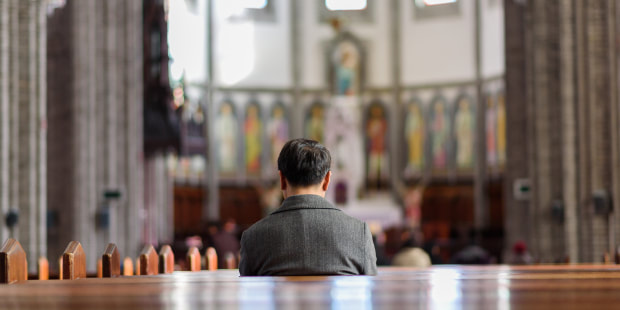
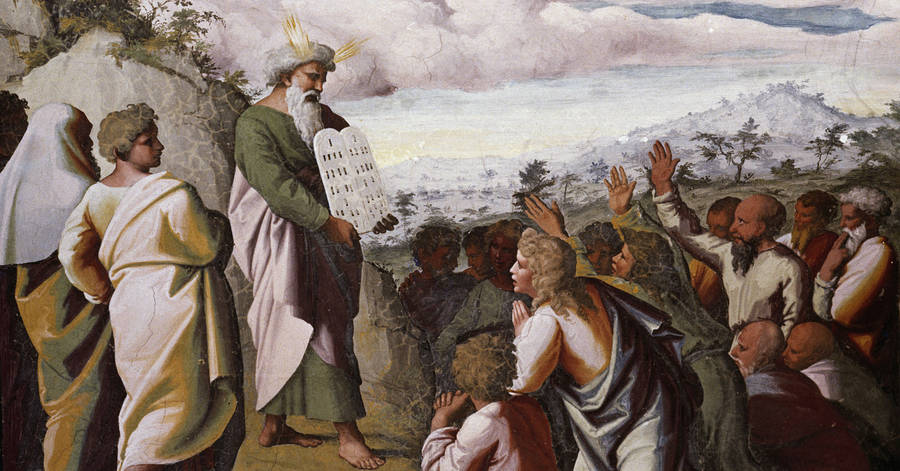
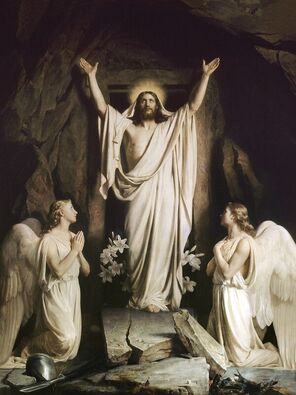
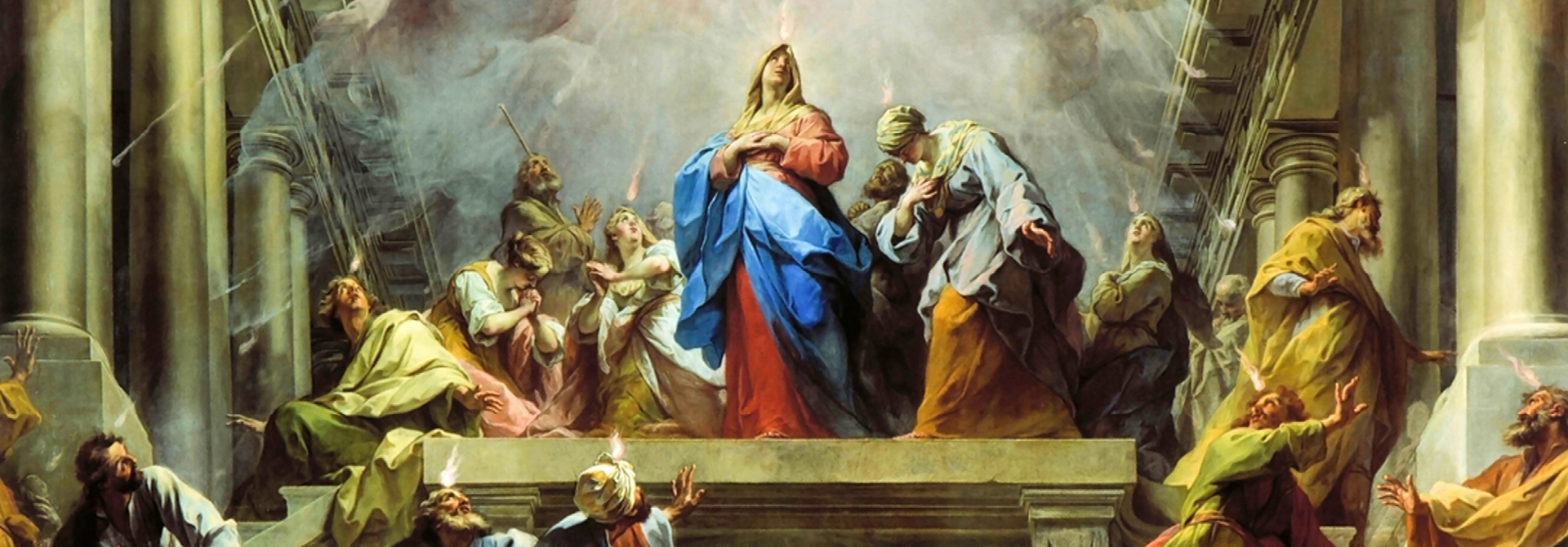
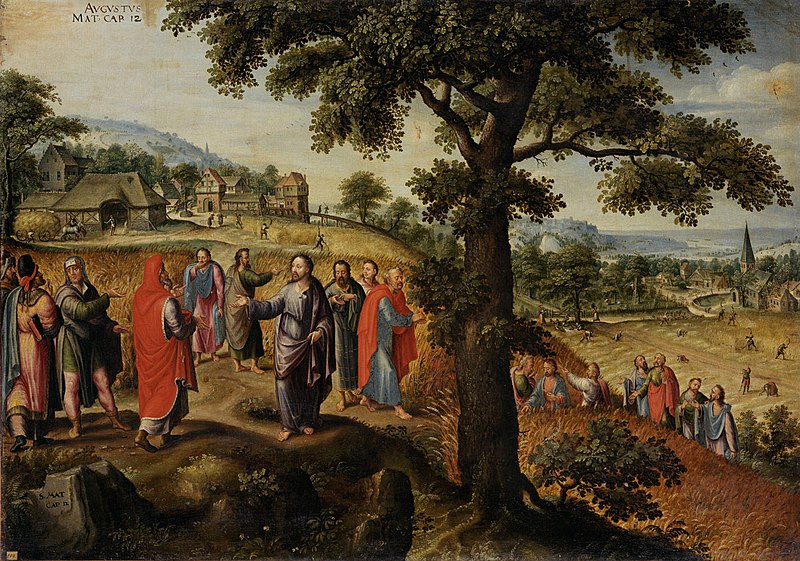
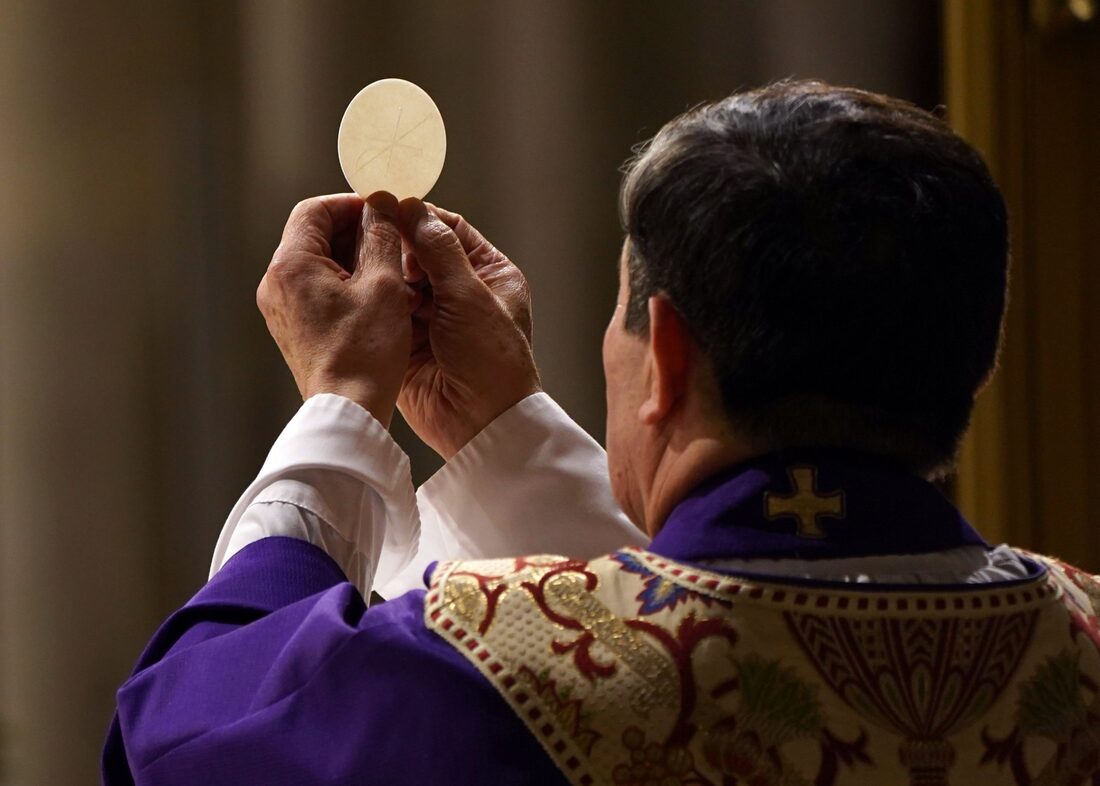
 RSS Feed
RSS Feed
